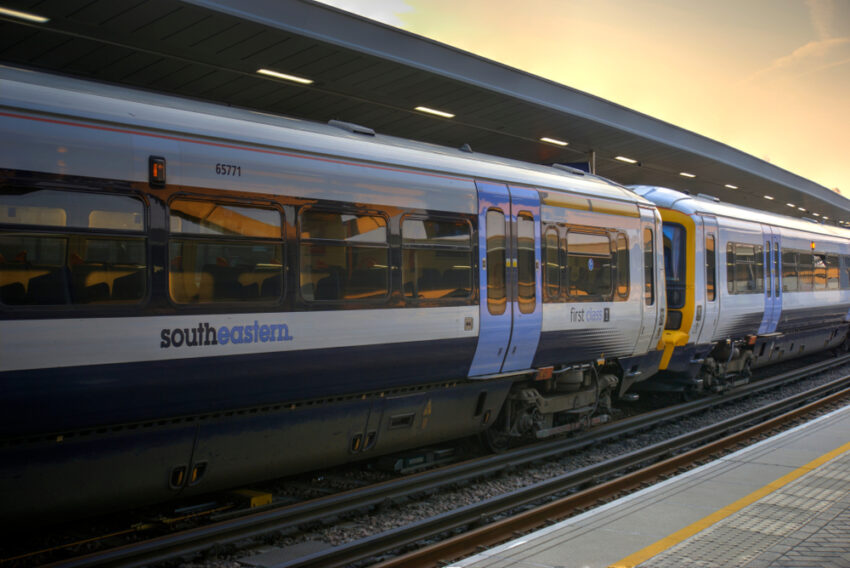The cost to UK taxpayers for subsidising Southeastern, one of Britain’s largest rail operators, has soared to £415 million in the year to March, according to the latest corporate filings.
This figure is more than three times the subsidy the company received before the Covid-19 pandemic, despite fare rises and increased passenger numbers.
Southeastern, which serves Kent, East Sussex, and London, saw a 10% rise in passenger journeys and a 4.7% increase in train services over the past year. Yet, spiralling costs have pushed the operator’s need for state aid even higher, up from £402 million the previous year.
The operator was fully nationalised in October 2021 after its previous owners, Govia (a joint venture between Go-Ahead and France’s Keolis), failed to declare more than £25 million in taxpayer funding dating back to 2014. Even when in private hands, Southeastern received significant subsidies, including £132 million in the year to June 2019, meaning government support for the rail operator has quadrupled since before the pandemic.
Passenger numbers remain below pre-pandemic levels. In the year to March, Southeastern recorded 128 million passenger journeys, a notable drop from 179 million journeys in the year to March 2019. Despite these lower numbers, Southeastern and other train operators continue to rely heavily on government support to balance their books.
Rail fares in England and Wales rose by 5.9% in 2023, following a 4.9% rise the previous year. Despite these fare hikes, Southeastern attributes the need for more taxpayer funding to rising operational costs, including increased charges for access to the High Speed 1 (HS1) line, which Southeastern shares with Eurostar. Southeastern also cited significant increases in electricity costs, track access charges, and train leases as contributing factors.
Paul Barlow, finance director at Southeastern, stated that the company remains “fiercely committed” to reducing the taxpayer burden, but acknowledged that rising costs, driven by inflation exceeding 10%, have been unavoidable. Southeastern is one of the few operators facing significant additional costs from running high-speed services on HS1, and the company is actively engaging with industry partners to reduce the financial strain on the government.
Southeastern has also introduced measures to increase capacity, such as scrapping first-class fares, freeing up an additional 4 million standard-class seats each year. However, the continuing reliance on public funds highlights the broader challenges facing the UK rail industry as it grapples with rising costs and post-pandemic recovery efforts.


